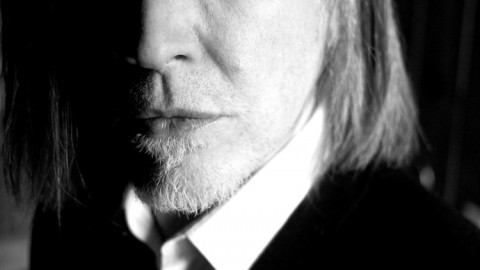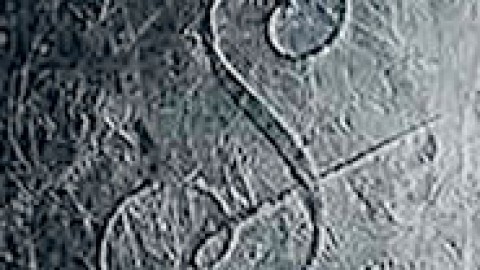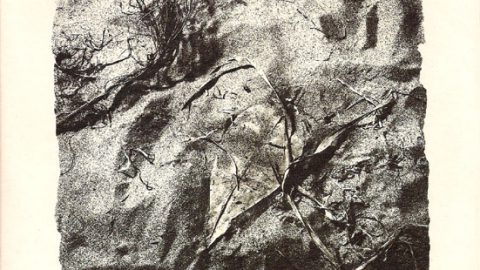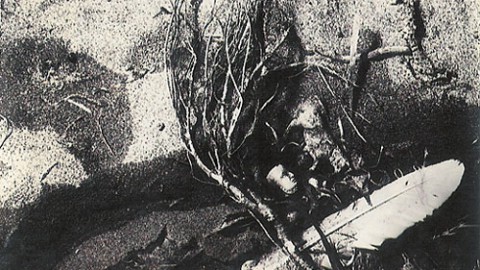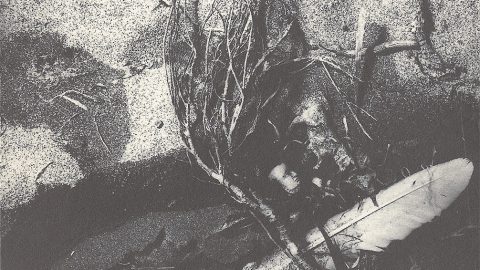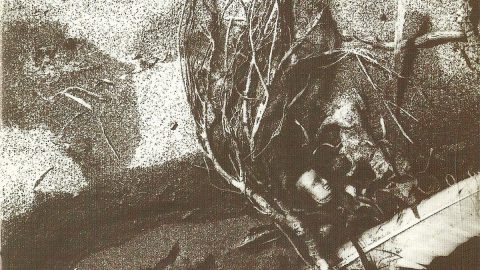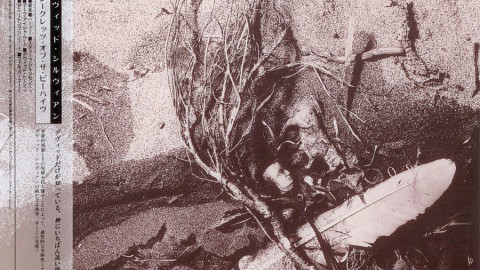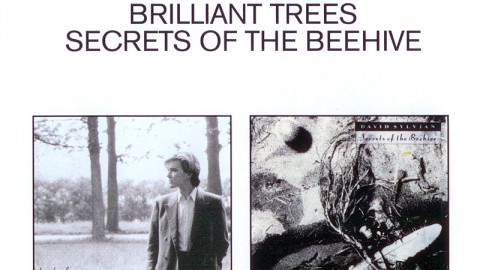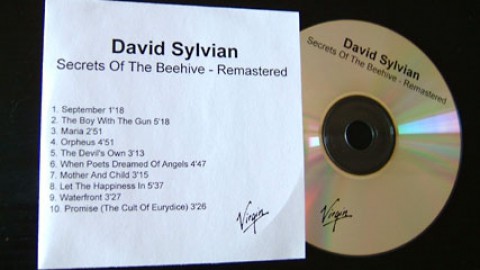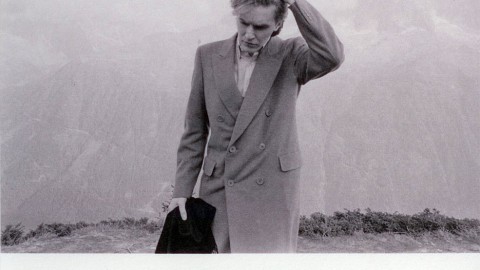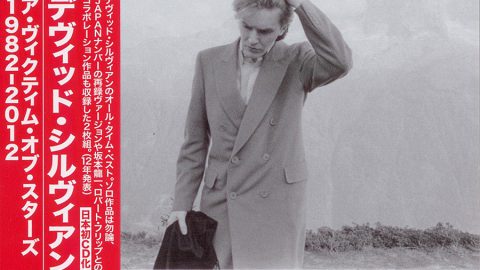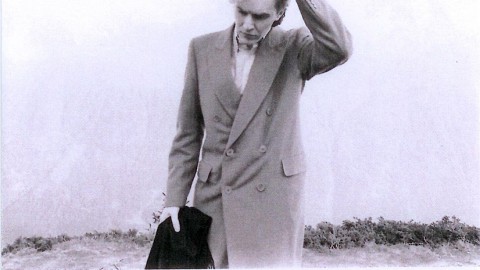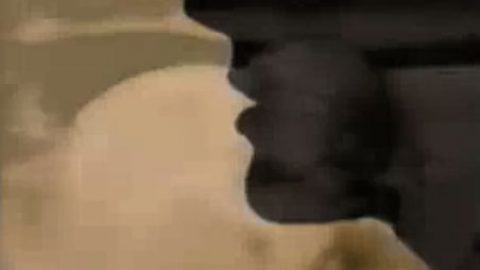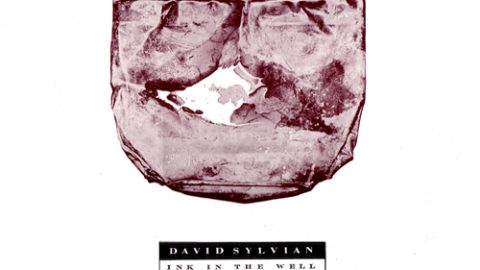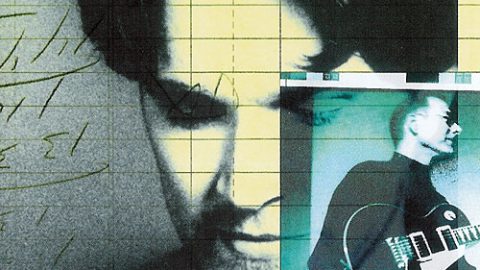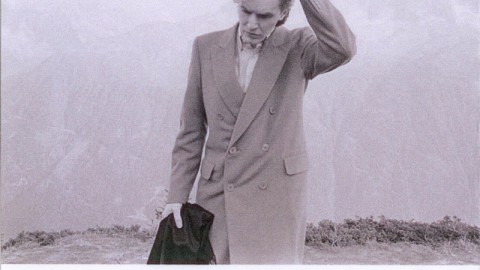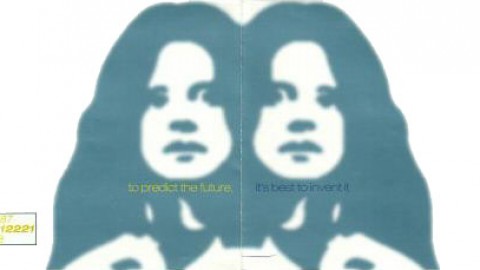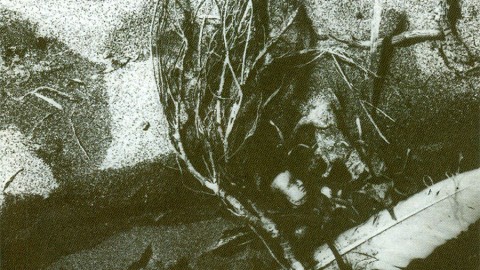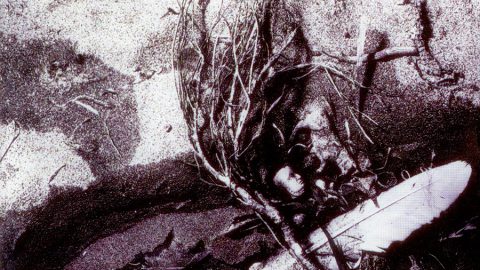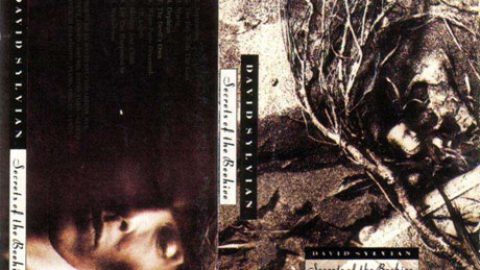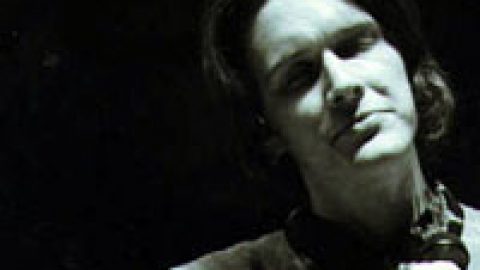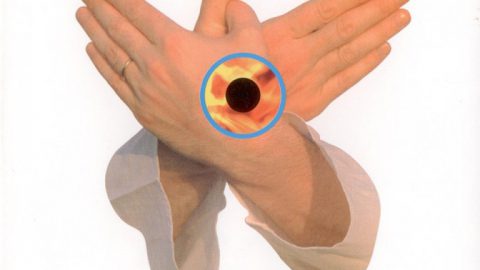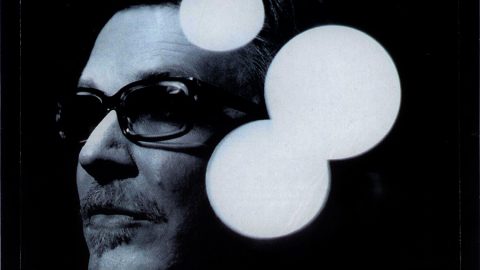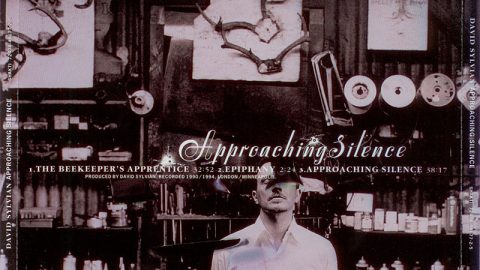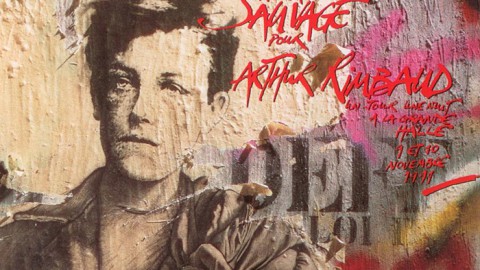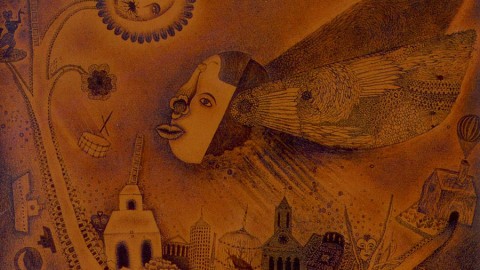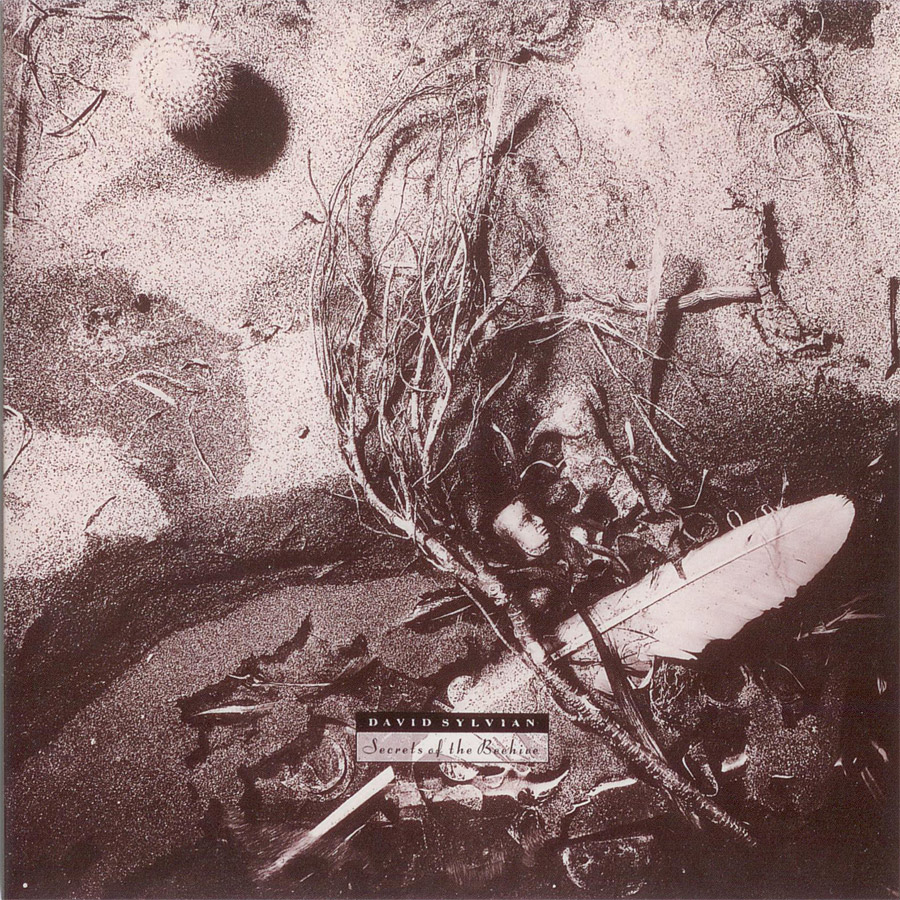
Release date:
November 7, 1987
Copyright:
Opium (Arts)
Length:
4:51
Status:
Official
Publisher:
Opium (Arts)
The wind blows hard
Pulls these clothes around
I harbour all the same worries as most
The temptations to leave or to give up the ghost
I wrestle with an outlook on life
That shifts between darkness and shadowy light
I struggle with words for fear that they'll hear
But Orpheus sleeps on his back still dead to the world
Sunlight falls, my wings open wide
There's a beauty here I cannot deny
And bottles that tumble and crash on the stairs
Are just so many people I knew never cared
Down below on the wreck of the ship
Are a stronghold of pleasures I couldn't regret
But the baggage is swallowed up by the tide
As Orpheus keeps to his promise and stays by my side
Tell me, I've still a lot to learn
Understand, these fires never stop
Believe me, when this joke is tired of laughing
I will hear the promise of my Orpheus sing
Sleepers sleep as we row the boat
Just you the weather and I gave up hope
But all of the hurdles that fell in our laps
Were fuel for the fire and straw for our backs
Still the voices have stories to tell
Of the power struggles in heaven and hell
But we feel secure against such mighty dreams
As Orpheus sings of the promise tomorrow may bring
Tell me, I've still a lot to learn
Understand, these fires never stop
Please believe, when this joke is tired of laughing
I will hear the promise of my Orpheus sing
Video
Sylvian newbee? Start with this track! From the Secrets Of The Beehive album
David Sylvian : acoustic guitar, synths, vocal
Ryuichi Sakamoto : piano, synths
Phil Palmer : slide guitar
Mark Isham : flugelhorn
Danny Thompson : double bass
Steve Jansen : drums
Brian Gascoigne : orchestral arrangement
Orpheus’ by David Sylvian, 25th Anniversary Exegesis
by Steve Crimi, published on Open Salon, September 8, 2012.
There is this marketing habit of doing reissues, reassessments and remasterings of significant albums at landmark time junctures. David Sylvian’s Secrets of the Beehive from 1987 is not one infused into the popular culture mindscape, and not likely to generate a 331/3 book, but one could guess that it makes the desert island list of everyone who has heard it.
Sylvian is at his most lyrical, each note of his singing what it needs to be, a lead instrument, with the rest of the band showing it in better and better light. Lou Reed cursed those of us who enjoy hearing lyrics by telling Suzanne Vega to crank up the drums, and now in the age of twisted beats and fuzz, I don’t know what anybody is saying, and don’t care. Even Sylvian himself has stopped singing and mostly just talks to himself amidst discordant electronics, with the occasional return to brilliance like ‘World Citizen’.
But that was now and this is then. It is obvious that Sylvian knows that ‘Orpheus’ is the standout song, since these are the only lyrics reproduced in the CD booklet. (There are several serviceable live versions on youtube if you’d like to hear it.) The song is in three sections, roughly analogous to a darkness-enlightenment-reintegration structure. The chorus comes in after the second and third verses, with a curious pause between the two.
Standing firm on this stoney ground
The wind blows hard
Pulls these clothes around
I harbour all the same worries as most
The temptations to leave or give up the ghost
I wrestle with an outlook on life
that shifts between darkness and shadowy light
I struggle with words for fear that they’ll hear
But Orpheus sleeps on his back still dead to the world
So someone, let’s say the bard, is in the midst of it. Winds of life’s vicissitudes blowing the exterior, holding to stoney, infertile ground. But the winds are blowing internally too: what king of view to life, everything is dark, or at best suggestive of light; and the indecision of whether or not to stay the course.
Is there a difference between ‘leaving’ or ‘giving up the ghost’? Hard to say. Stop trying to do what? And what makes it a common dilemma? The last line offers a clue, the bard’s struggle with words for fear that they’ll hear. So maybe this is about waiting for poetic inspiration, with Orpheus the muse, in a death-like sleep. Here is the sadness of the poet, pen cramped in self-reflective fear of criticism.
But there is something more in Orpheus’ trance. He is not only the prototype poet-hymnodist, or singer-songwriter, but the bringer of an initiation tradition to Greece. And there is an apparently older tradition where his katabasis, or journey to the underworld to retrieve Eurydice, his bride, ends in success, not with her tantalizing fade into the abyss as in the later version. Also that Persephone, Queen of the Underworld, in archaic myths, is always queen there, and as with all of the ancient great mother goddesses, had a less significant male consort. It is not new to say that with the ascendency of the male warrior deities, the myths rearranged to express that dominance. So, the original sacred marriage, the heiros gamos, of the gods of the underworld, initiated by the Queen, with Plutos (‘wealth’ transcending capital), later becomes a forced abduction and rape of the female. And when in the earlier version, Orpheus goes to the underworld for a human heiros gamos, a sacred marriage of male and female he can bring back to humanity in the form of the mysteries, he is successful. Only later, when the divine feminine is lost, does the myth change and reflect that loss so poignantly.
And if you were an ancient Greek, how would you get to the underworld? As the song says, you would lie on your back in what is called incubation, very, very still, until you basically disappear to this world and sink to Hades.
Sunlight falls, my wings open wide
There’s a beauty here I cannot deny
And bottles that tumbled and crashed on the stairs
Are just so many people I knew never cared
Down below on the wreck of the ship
Are a stronghold of pleasures I couldn’t regret
But the baggage is swallowed up by the tide
As Orpheus keeps to his promise and stays by my side
Boom, the moment of revelation, inspiration, you didn’t even know you had wings. There is beauty in everything, including the darkness. All those people you were afraid to show your words to have fallen and crashed into insignificant shards. Everything somehow makes unitive sense and fits, even incorporating past lower chakra pleasures. Not only is there sunlight from above, but a rising from below, a swallowing of the past in a tide of understanding. And Orpheus is there, keeping his word as all initiates do, once there, always there.
There was a time when the bards were the mystics and the mystics were the poets and the poets were the priests and the priests were the healers and the healers were the initiators and the initiators were the bards. Poetic inspiration continuously generated a world we can barely imagine today. And we were and are still there amidst the mists of Vedic, Druidic and Orphic in-formed and enchanted realms, only over-towered by the gritted concrete and corroded steel of adamantine scientific separation. We’ve lost our red shoes and Toto is a bad defunct rock band.
The Greek chorus chimes:
Tell me, I’ve still a lot to learn
Understand, these fires never stop
Believe me, when this joke is tired of laughing
I will hear the promise of my Orpheus sing
The fires are eternal, the learning can never be done. And the biggest joke of life, for those of us lucky enough to have it played on us, is that our ego is a real entity, and that that is who we are. Cartesian bad magic shrouds our true identity, our oneness, with the trance of individuality, and when the spell is broken, the laugh clears you for the song of Orpheus again, fresh manna baked daily, the elusive red berry from the sacred spring.
Sleepers sleep as we row the boat
Just you, the weather, and I gave up hope
But all of the hurdles that fell in our laps
Were just fuel for the fire and straw for our backs
Still the voices have stories to tell
Of the power struggles in heaven and hell
But we feel secure against such mighty dreams
As Orpheus sings of the promise tomorrow may bring
Your illusions of selfhood and society are laid waste. What do you do in a sleepwalker world where politics, science and religion are hopelessly irrelevant, and antithetical to in-sight? You can keep relating the true stories, the myths, the bardic poesis, even in the face of everyone feeling fully insulated against their power. The fire needs to be fed, kept aflame by the friction of our rubbing up against an insane and irredeemable media-generated reality. For the myths are always happening, now: Osiris is always being dis-membered by Seth and re-membered by Isis; Indra is ceaslessly slaying the dragon Vritra, releasing the concealed waters; and Orpheus is perpetually returning home with Eurydice.
Tell me, I’ve still a lot to learn
Understand, these fires never stop
Believe me, when this joke is tired of laughing
I will hear the promise of my Orpheus sing.

